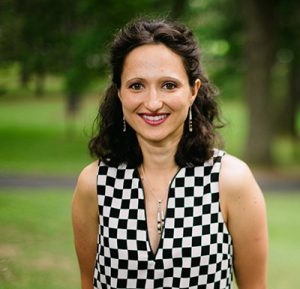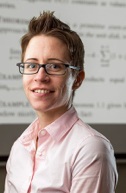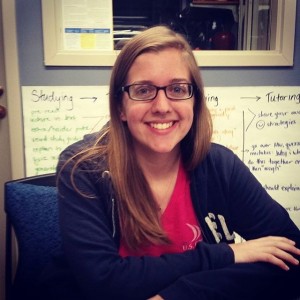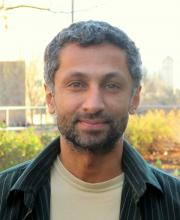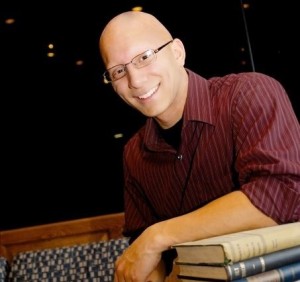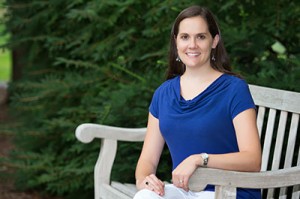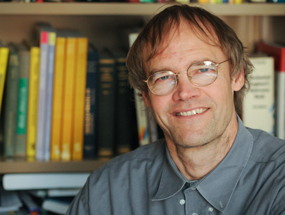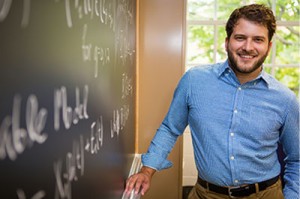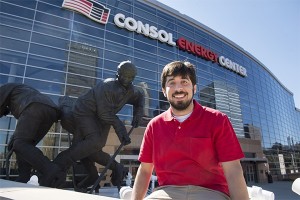Title: From airlines to healthcare: scheduling services with high variability
Abstract: What do the airline and healthcare industries have in common when it comes to managing their capacity? What makes scheduling surgeries so much more difficult than an airline’s management of its seat inventory? How can hospitals improve their surgical scheduling system? While most optimization models suffer from the curse of dimensionality, simulation-based optimization is often a better choice when dealing with demand that is highly variable. Drawing from revenue management techniques developed by the airline industry, I will show how simulation modeling can help hospitals to more efficiently schedule surgical procedures, in order to better address and balance over- and under-utilization of their resources.
